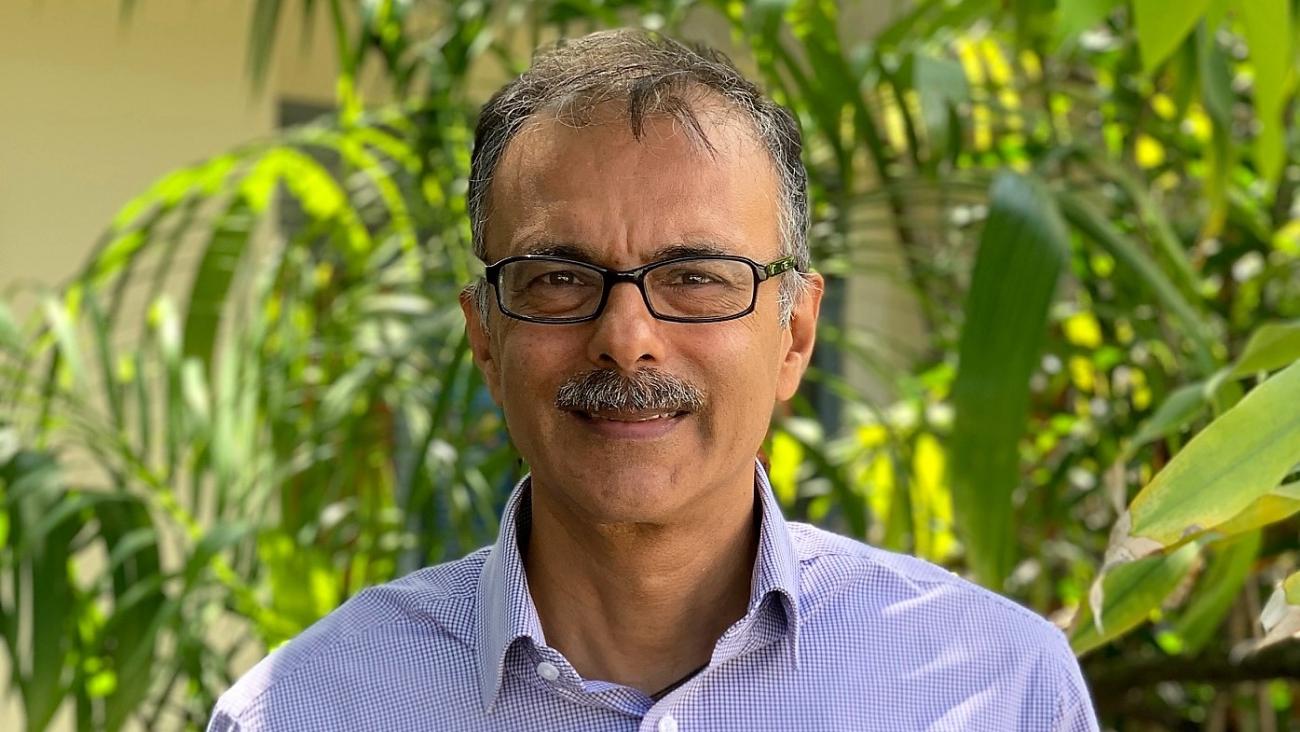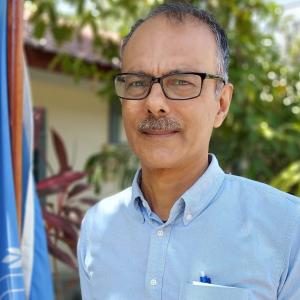For many, including myself, the start of this decade (2020-2030) has aroused a mixture of hope as well as concerns about the complex challenges facing our world. With the start of 2020, the ten-year countdown to deliver the Sustainable Development Goals (SDGs) has started. This year also marks the 75th anniversary of the United Nations and it provides a great opportunity to reflect on global achievements and what we need to do differently in future to make the world a better, safer and more secure place for all.
The signs of hope are partly attributable to the many positive changes that we have seen in many parts of the world over the past ten years. These include a record reduction of 8% in global poverty between 2015 to 2019; improved infrastructure making transport and other elements of our lives so much easier; improvements in health and education including for example under five mortality rates have almost halved in the course of last 20 years due in part to better vaccination rates and increased availability of clean drinking water; and new technologies are enabling human beings to do things which in the past seemed beyond our capabilities. Given the impressive list of achievements, it is not difficult to conclude that when the world really wants to achieve certain outcomes, it is possible for human beings to make giant strides!
Despite these amazing achievements however, we know that at current rates of progress, the world is unlikely to meet most of the Sustainable Development Goals (SDGs) and in some countries none of the SDGs may be achieved by 2030.
Some may say that we always knew that reaching the ‘bottom billion’ or delivering services in the ‘last mile’ would pose the toughest challenges. But the evidence also shows that issues such as climate change, un-regulated migration, unpredictable weather systems, soil erosion, the spread of new pandemics, conflicts and fast-changing demographics also exacerbate the threats to achieving the SDGs. We also know that recent times have witnessed some of the world’s gravest humanitarian crises including Syria, Yemen, Venezuela, and Myanmar - just a few examples which have resulted in displacement of millions of people. We also know that throughout the world inequality is increasing.
An additional factor is that across the world there appears to be high levels of discontentment and distrust of governments, formal institutions, political systems and multilateral institutions – which further complicates the challenges.
So, at a time when the possibilities for global development are immense, we also have complex threats as well as new and emerging challenges – which mean that without concerted and focused attention over the next decade we will not only fail to meet the targets agreed by global leaders in 2015 but we may even see the erosion of development gains in many countries and regions.
In Timor-Leste, we have seen significant development progress over the past 20 years and as the country prepares for this new decade, we know that unless the country accelerates progress against the SDGs, it will struggle to achieve its development aspirations and the Global Goals. This year, the UN will agree a new Cooperation Framework with the Government of Timor-Leste that will shape all of the UN’s work in the country over the next 4-5 years and I look forward to sharing the new framework with all of you in the next few months.
The UN Secretary General recently said: “No country, no community, is able to solve the complex problems of our world alone. We need to come together, not only to talk, but to listen. It is essential that you all join the conversation. We need your opinion, your strategies and your ideas for us to be able to deliver better for the people of the world that we must serve.”
It is in this context, that the United Nations in Timor-Leste (together with other UN Country Teams) is keen to engage with individuals and groups, across borders, sectors and generations over the next few months. The United Nations is collaborating with a wide range of multi-sector networks, including schools, universities, civil society, businesses, and media for a diverse discussion on expectations of international cooperation in view of the many pressing global challenges. As we celebrate the 75th anniversary of the United Nations, it provides a great opportunity to hear the views of global citizens that can help us create a more effective UN for all.
I urge you to take part in these conversations. We are very keen to hear your views and to work with you to bring lasting and positive changes for the lives of all in Timor-Leste and elsewhere.



















